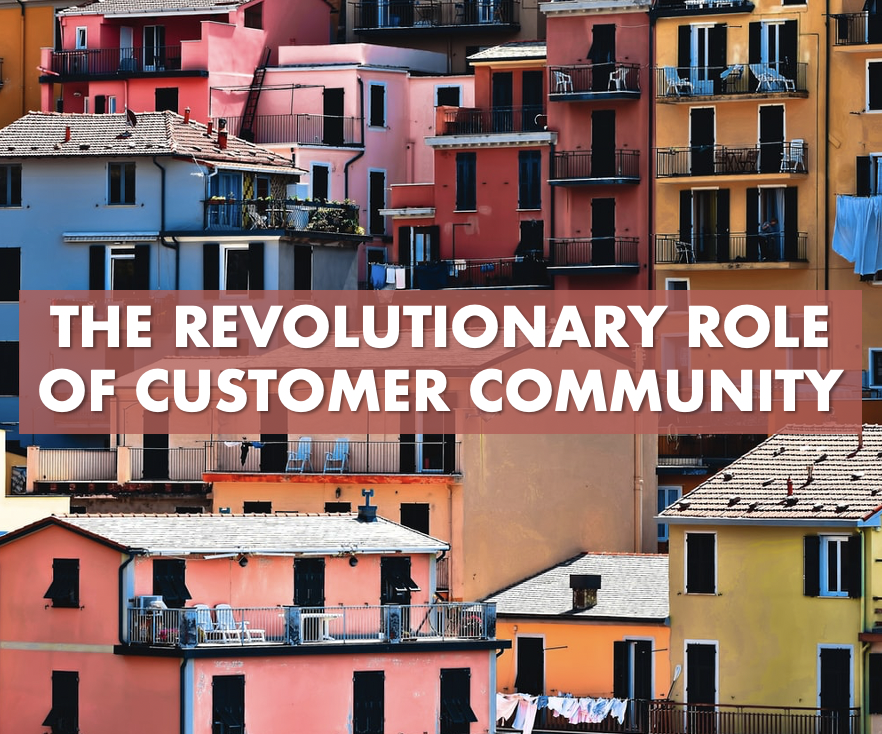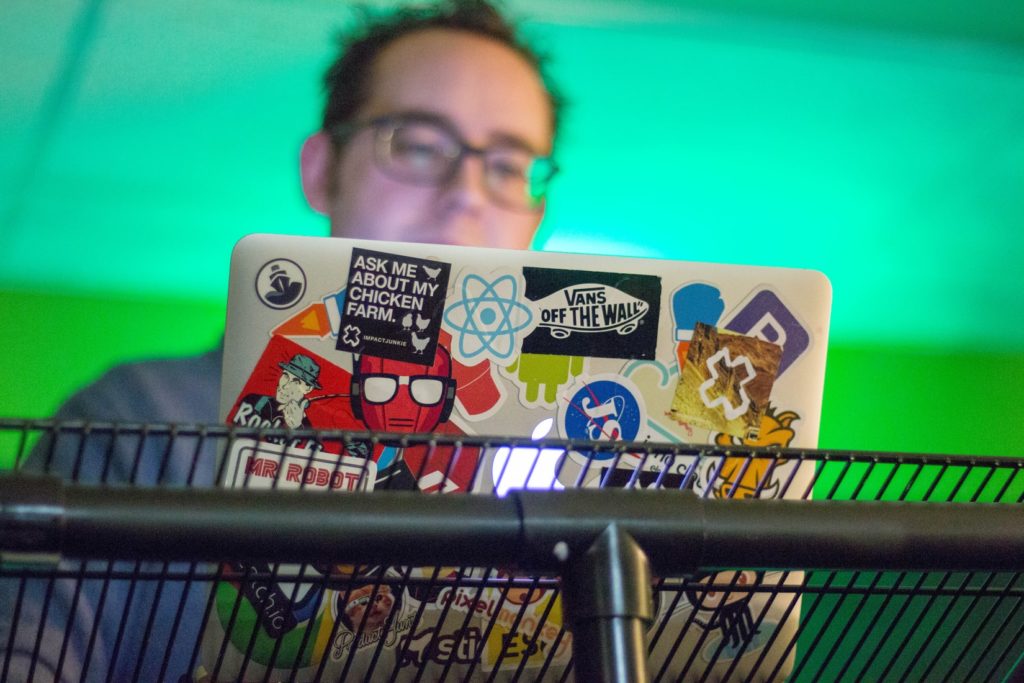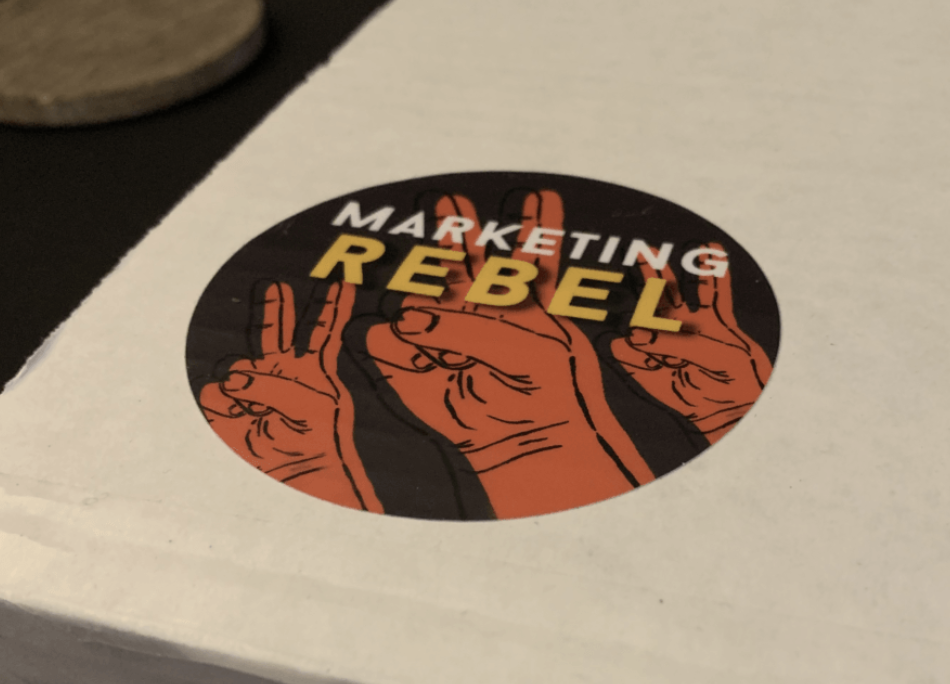
I think “customer community” is one of the most misunderstood phrases in the marketing language.
On one hand, it represents the most powerful source of customer emotion and loyalty imaginable.
On the other hand, when marketers use the term, it can mean anything from a loose list of customers to a Twitter Chat. It’s probably not a customer community at all.
Yet the customer community may be one of the most essential concepts as we consider the future of marketing, and it’s worthy of deeper exploration.
The belonging crisis
There is an overwhelming need for community in our world.
A mountain of evidence suggests that the quality of our relationships has been in steady decline for decades. In the 1980s, 20 percent of Americans said they were often lonely. Now it’s 40 percent. Depression rates have increased tenfold since 1960. A study found that an epidemic of loneliness in the workplace is leading to lower job performance and less commitment to the organization, and an individual’s loneliness even influences the performance of people around them.
New research showed that more than 9 million people in the U.K. suffer from loneliness, prompting the prime minister to create a new government position – a minister for loneliness.
At this point, you might be wondering, what in the world does this have to do with me and my company? Well, maybe everything.
Let’s look at this in purely rational business terms. People have a deep need to belong, but there is a belonging gap in the world, a profound unmet human need, a need that is escalating to crisis proportions.
Is it possible for a company to help people belong?
The answer is yes.
Customers want to belong
Customers are actually telling us that they want to belong to our companies. I saw one surprising statistic that 50 percent of heavy social media users thought it was important to receive recognition from friends online. But more than 60 percent said it was important to be recognized by a favorite brand online. Isn’t that amazing? The acceptance by a beloved brand is more important than acceptance by a friend!
The signs that people want to belong to a brand are all around us if you know where to look.
A few years ago, I came across a photo online of a fellow who had tattooed a Nike “swoosh” on both ankles. My first reaction was, “Wow, that must have hurt.” But then I realized that this act of self-illustration represents the ultimate marketing success. This runner loved Nike so much, trusted them so much, committed to their ideal so much that he made a corporate logo part of his body forever. In a very public way, he’s saying, “This company is not going to let me down. I’m proud to belong to this tribe and what it stands for.”
Not everybody is going to go to the pain and expense of tattooing a logo on their body, but there are lots of “virtual tattoos” around that symbolize belonging.
Take a close look at the open laptop cases dotting your local coffee shop or pub. Notice how they’re decorated with favorite brands. Pay attention to the bumper stickers on cars and trucks (at least in America). Look for friends wearing branded T-shirts and hats.
If somebody loves a company enough to wear their logos on their bodies and stick them on their precious computers and vehicles, I regard that as a deep-rooted belief in a brand that is a symbol of belonging. Creating true customer community is not only possible, it’s happening everywhere.

Community-based marketing
Last week I had a LinkedIn exchange with a fellow who insisted that “community is everything” in marketing.
Of course it isn’t.
We buy thousands of products every year without any regard for community. I’m not in a customer community for my car, my insurance, my clothes, or my car wash. 99 percent of the time we buy something and just want to be left alone.
But where there is an opportunity to share true emotion with a customer through your brand, then yes, customer community should be a priority — and that means something more than names you have on a mailing list. In fact, I forecast a trend toward community-based marketing. But it will require a different mindset:
- Customer community is not just a marketing ploy. It’s a total company commitment.
- A brand community exists to serve the people, not the business.
- Just like a neighborhood community, a virtual community has leaders, conflict, and tribes. Communities defy managerial control. They can’t be manipulated.
Brands that position themselves as essential members of a cultural movement foster emotional connections with consumers. Lululemon is redefining what yoga means with its “This is yoga” campaign. The brand is declaring that yoga has moved beyond the mat into everyday life. The campaign showcases influencers such as artists, musicians, and entrepreneurs embodying the principles of yoga in their lives.
Essentially, the company is defining a movement that customers can believe in. They’re living out their mission, and the mission is the movement. The shared belief of the mission drives a community.
The imperative

If you want to dive into this concept more fully, I warmly recommend Chapter 4 of my Marketing Rebellion book.
This is probably the most important chapter I’ve ever written in any book. As traditional advertising and PR decline in this streaming era, belonging and community — community-based marketing — might be the last effective strategy we have left. I don’t believe most business professionals realize that.
The more time people spend on the internet — especially during this time of crisis — the more lonely, isolated, and depressed they feel. Our customers are literally crying out to belong.
Building true customer community is a very significant effort, but it also might be the most important and rewarding accomplishment of your career.
 Mark Schaefer is the executive director of Schaefer Marketing Solutions. He is the author of several best-selling digital marketing books and is an acclaimed keynote speaker, college educator, and business consultant. The Marketing Companion podcast is among the top business podcasts in the world. Contact Mark to have him speak to your company event or conference soon.
Mark Schaefer is the executive director of Schaefer Marketing Solutions. He is the author of several best-selling digital marketing books and is an acclaimed keynote speaker, college educator, and business consultant. The Marketing Companion podcast is among the top business podcasts in the world. Contact Mark to have him speak to your company event or conference soon.


